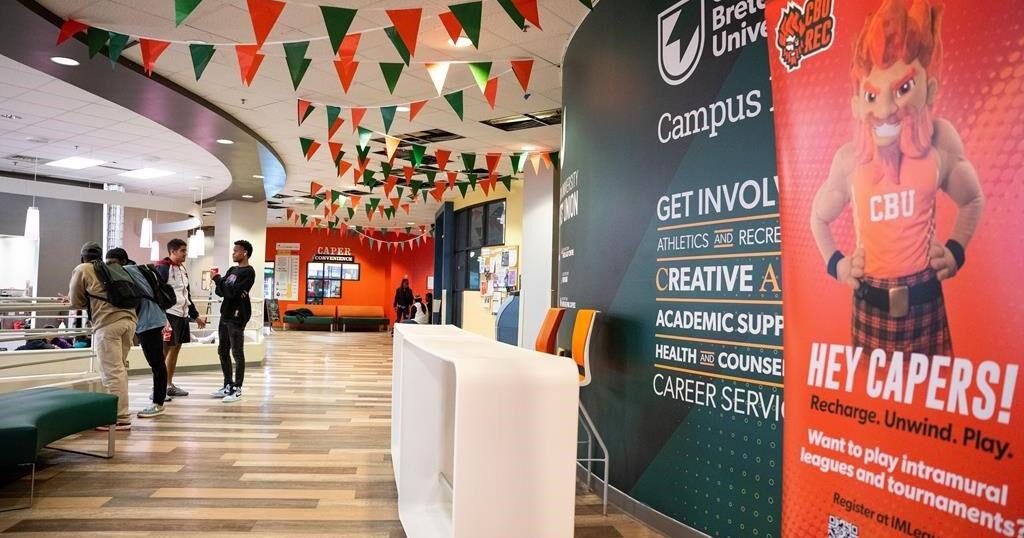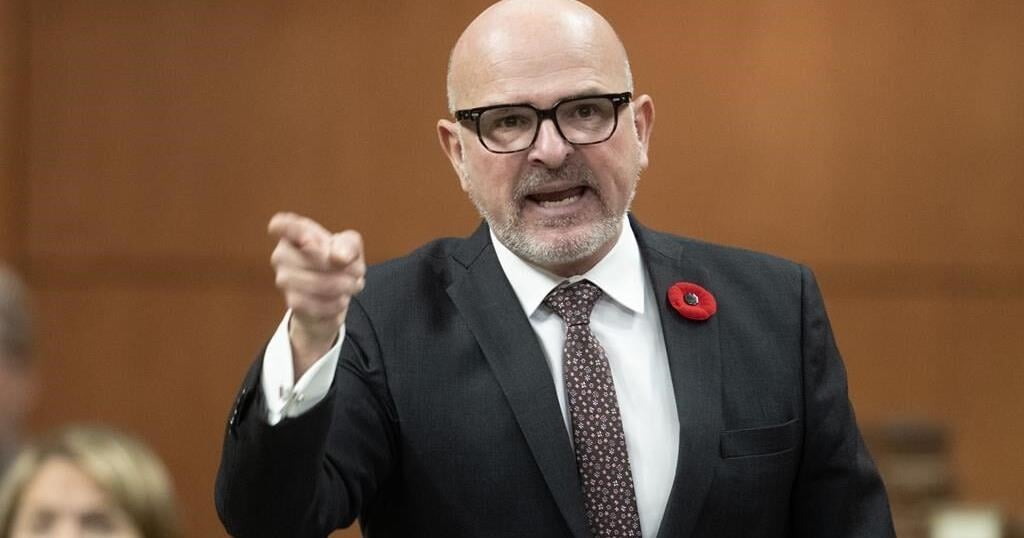HALIFAX – International enrolment in Atlantic Canada has fallen by nearly 3,000 students this academic year, a drop one university group says is the “devastating effect” of the federal government’s policies to reduce the presence of temporary immigrants.
Universities in the region received a total of 2,983 fewer foreign students, or 11.4 per cent, compared with the 2023-24 academic year, says a report released Tuesday by the Association of Atlantic Universities.
Nova Scotia reported the biggest drop, with 2,091 fewer foreign students. International enrolment fell by 747 at Memorial University of Newfoundland — the province’s only university — and by 143 students at the University of Prince Edward Island, the sole university on the Island. Across New Brunswick, foreign enrolment fell by two students.
The decline is being blamed on the federal government’s cap on international student enrolment, announced in January, which marked a 35 per cent decrease from last year’s numbers. Last month, Ottawa announced a further 10 per cent cut for 2025. The government acted after the number of foreign student visas had tripled in a decade to more than one million.
Peter Halpin, president of the Association of Atlantic Universities, said the federal immigration department’s cap has had a “devastating effect” on many of the 16 universities across the region.
Many international students want to stay in Atlantic Canada after graduating, resulting in a “real, valuable contribution to the internationalization of our universities campuses and to the communities in which they’re located,” Halpin said in an interview.
The federal government’s policies, he said, “in many ways undermine their own Atlantic immigration program of which international students are an important stream of new citizens for the region.”
Halpin also said his group has noticed a dwindling confidence in Canada as a welcoming country among foreign students. While local universities have established positive reputations globally, Halpin said the enrolment cap has undermined this work.
“There’s great concern, not just here in Atlantic Canada, but across the country among universities about the damage to Canada’s brand internationally.”
There are also significant financial implications, Halpin said. Universities in Atlantic Canada depend more on international tuition than other universities, with foreign students composing roughly 30 per cent of the university student body in the region.
As well, Halpin said, fewer foreign students means fewer people staying in Atlantic Canada after graduating, a drop that will hurt economic growth.
“That’s a real significant loss to a region that’s been working so hard to grow its population with some success in recent years,” he said.
This report by The Canadian Press was first published Oct. 15, 2024.




















